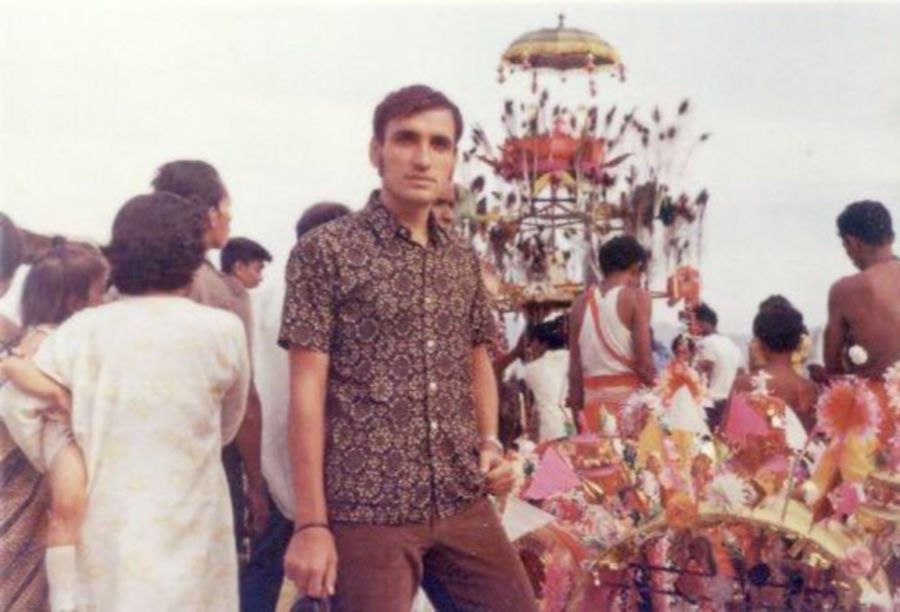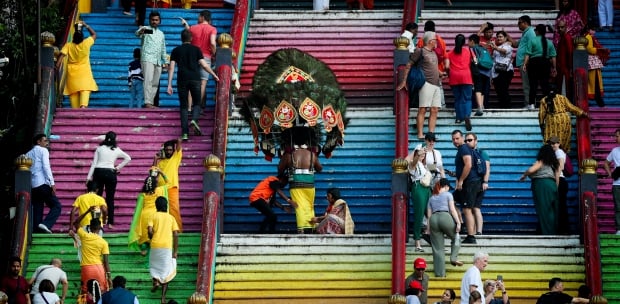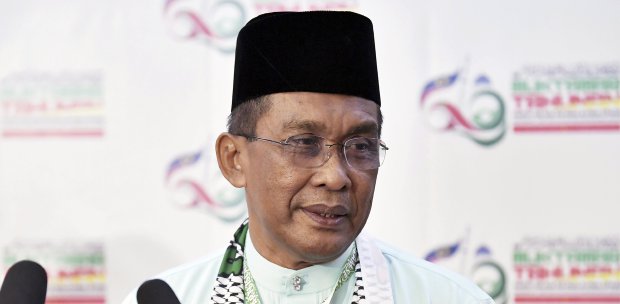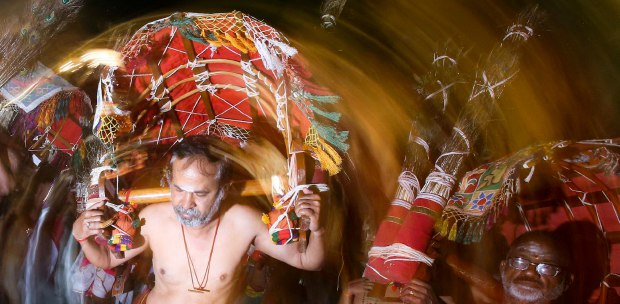Once a year, when "the full moon meets the brightest star — Pusam", the Hindus of Malaysia celebrate Thaipusam. It falls on the 10th month of the Tamil calendar, usually in January or February.
The day is dedicated to the god Subramaniam (Murugan), who, according to legend, defeated the forces of evil at the behest of Shiva (his father).
Tamils believe that God can heal the sick, help childless women get pregnant and change a person's life for the better.
My university colleague, Krishnan Ramasami, says it is enough to sacrifice honey, milk or other drinks to God, but others put on the 'kavadi'. They pierce their cheeks and tongue with steel knitting needles, and carry huge metal frames attached to their bodies with hooks.
In 1971, a colleague, Tatyana Dorofeeva, and I went by train early in the morning to the venue of the celebration, Batu Caves, which is 20km from Kuala Lumpur.
We saw how, near a small river not far from the temple, believers got into a trance (blood was not visible at all during the piercing) and, to the rhythmic beat of drums and music of flutes, began their difficult path to God.
It is not easy to climb the 272 steps to a temple in a huge cave, all the more so because of the huge frames on the body. Needless to say, the show is not for the faint of heart.
After that, I went to the Thaipusam celebration three more times, twice with Krishnan, and each time I was amazed at the sacrifice of the believers. True, now it is impossible to approach the river — for some reason the people are not allowed there. But no one is prohibited from going up.
One can hear a huge roar as the 'kavadi' procession starts. When they reach the cave in front of the statue of the god, the faithful make sacrifices and are freed from their burden.
The final ritual is breaking a coconut on the ground. Thus the believers are freed from evil and take a vow of a righteous life.
An acquaintance made a vow that if his sick father recovered, he would pierce his cheeks with an arrow on Thaipusam and climb the stairs to the cave.
His father recovered, and my acquaintance fulfilled the vow. Surprisingly, I did not see any traces of piercing on the cheeks.
On Thaipusam, people go to the temple all day long. The sun is already below the horizon, but there is no end in sight to the colourful processions.
* The writer, writing from Russia, is a former lecturer at Universiti Malaya





